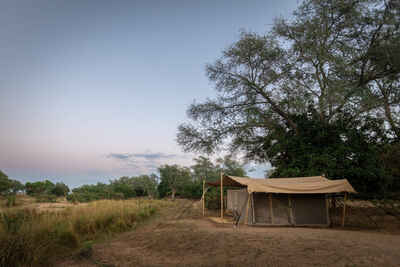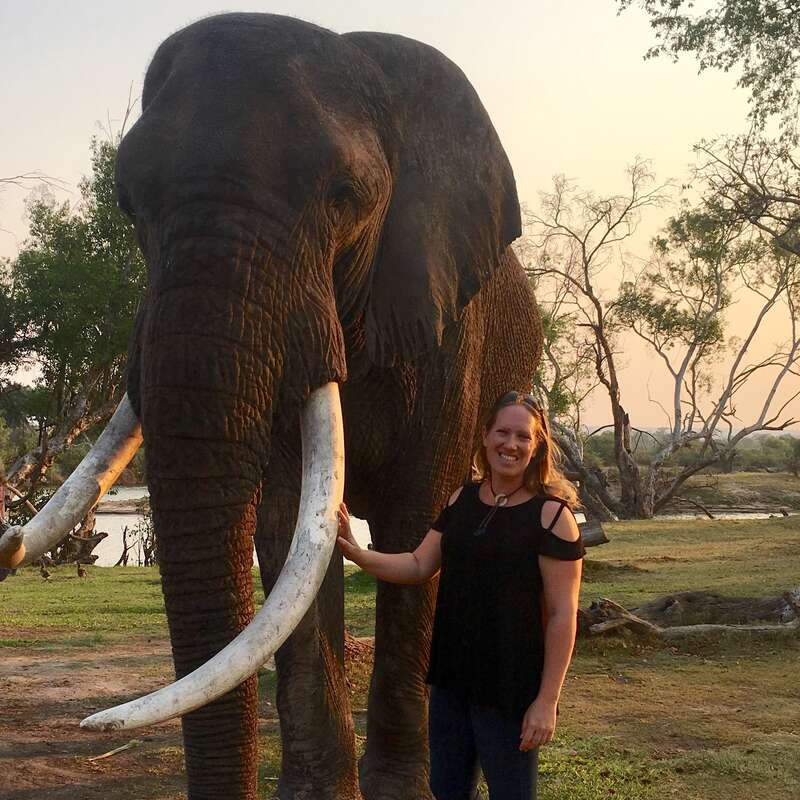About Chula Island Camp
Chula Island Camp, formerly known as Buffalo Island Camp, opened in July 2018.
This rustic, mobile fly-camp is situated on a small island on the Zambezi River, to the eastern end of the Lower Zambezi National Park. Located in a natal mahogany grove, this simple camp has a focus on walking safaris, led by experienced guides.
Chula Island Camp is in a great location for walking safaris and river activities, and with a friendly, experienced and knowledgeable guiding team, we think Chula is a brilliant addition to the accommodation options in the Lower Zambezi National Park. Simple but comfortable, it combines well either with its sister camp or with the more luxurious options in the park.
Our view
Chula Island Camp is in a great location for walking safaris and river activities, and with a friendly, experienced and knowledgeable guiding team, we think Chula is a brilliant addition to the accommodation options in the Lower Zambezi National Park. Simple but comfortable, it combines well either with its sister camp or with the more luxurious options in the park.
Accommodation
5 tents
Children
Best for 16+
Open
01 May–30 Oct
Activities

4WD Safari

Boat trip

Canoeing

Fishing

Guided walking safari

Private activities
Traveller reviews of Chula Island Camp
5 real, un-edited reviews from Expert Africa's travellers.
Arrived 25 May 2025, 2 nights
"Chula Island Camp review"
Overall rating: Excellent
Arrived 15 Oct 2022, 2 nights
"Chula Island Camp review"
Overall rating: Excellent
Arrived 26 Jun 2022, 2 nights
"Wonderful riverside camp"
Overall rating: Excellent
Arrived 29 Jun 2022, 2 nights
"Chula Island Camp review"
Overall rating: Good
Arrived 10 Jun 2022, 2 nights
"Chula Island Camp review"
Overall rating: Excellent
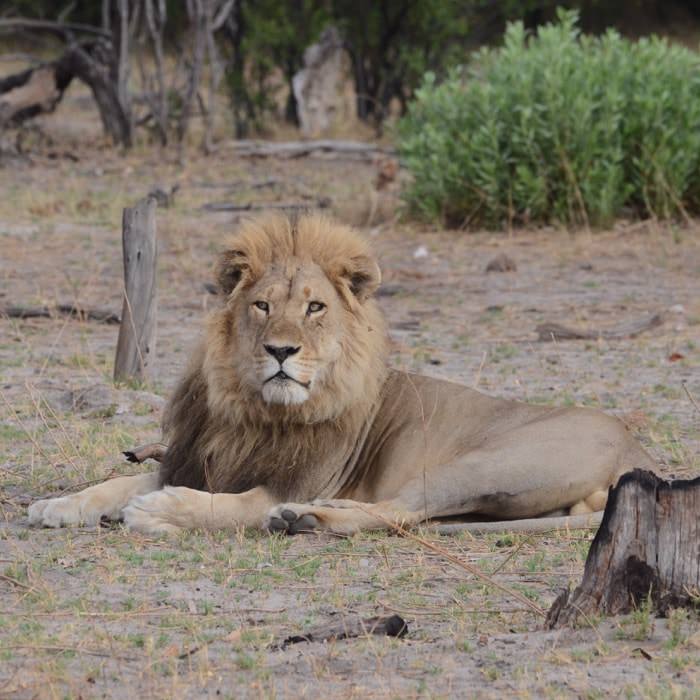
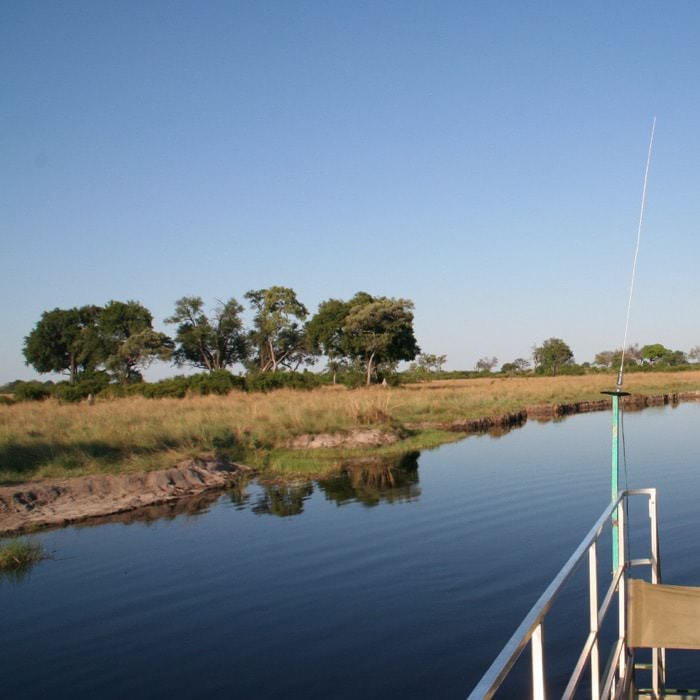
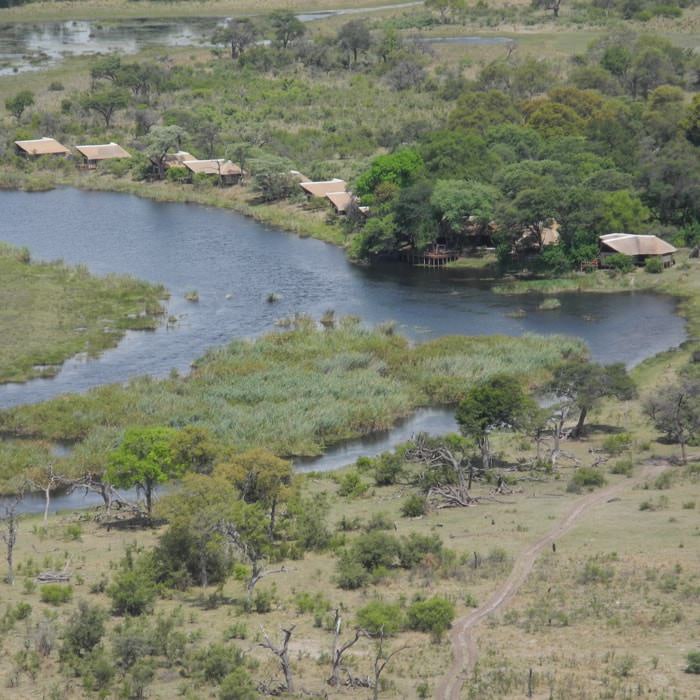
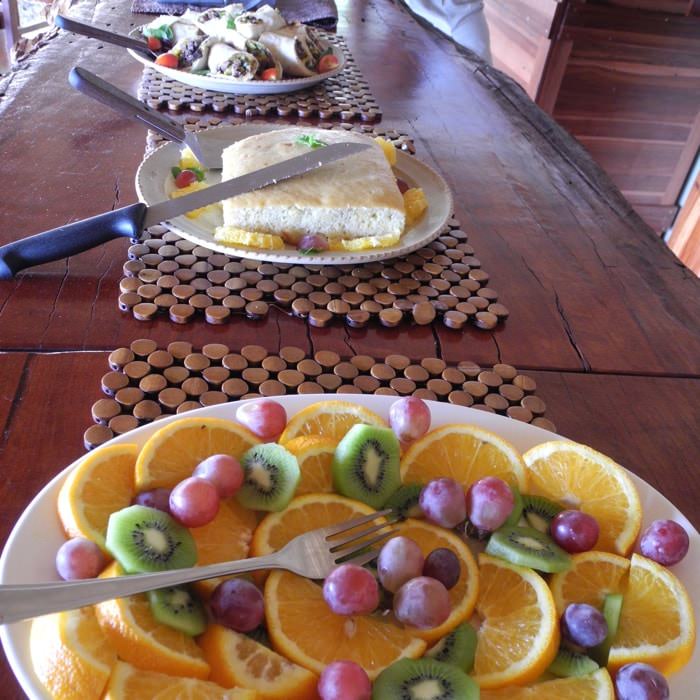
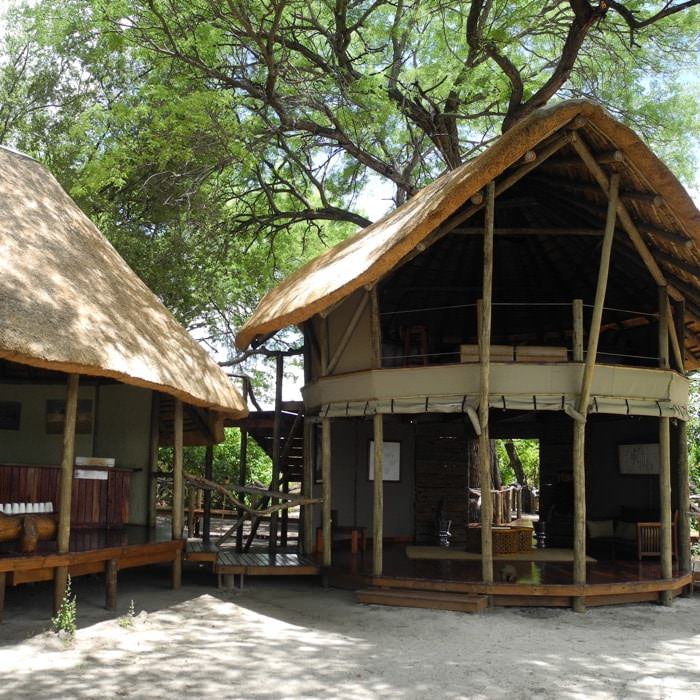
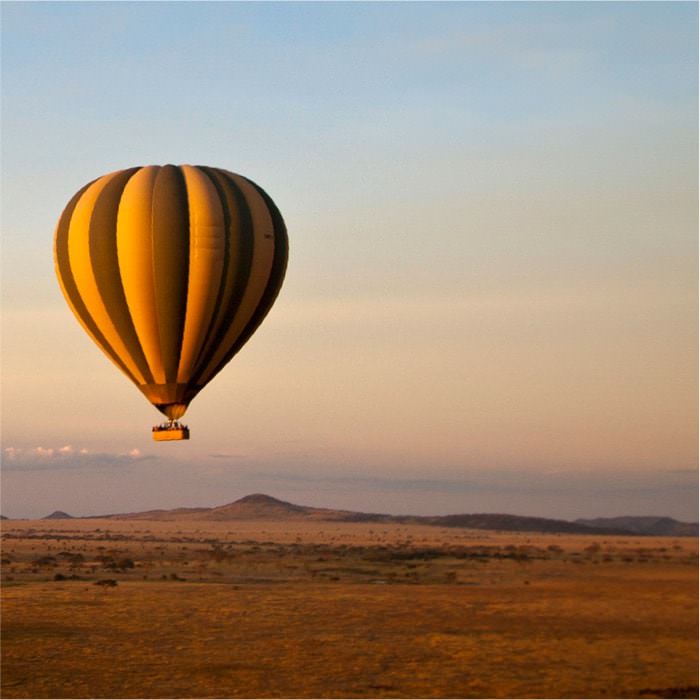
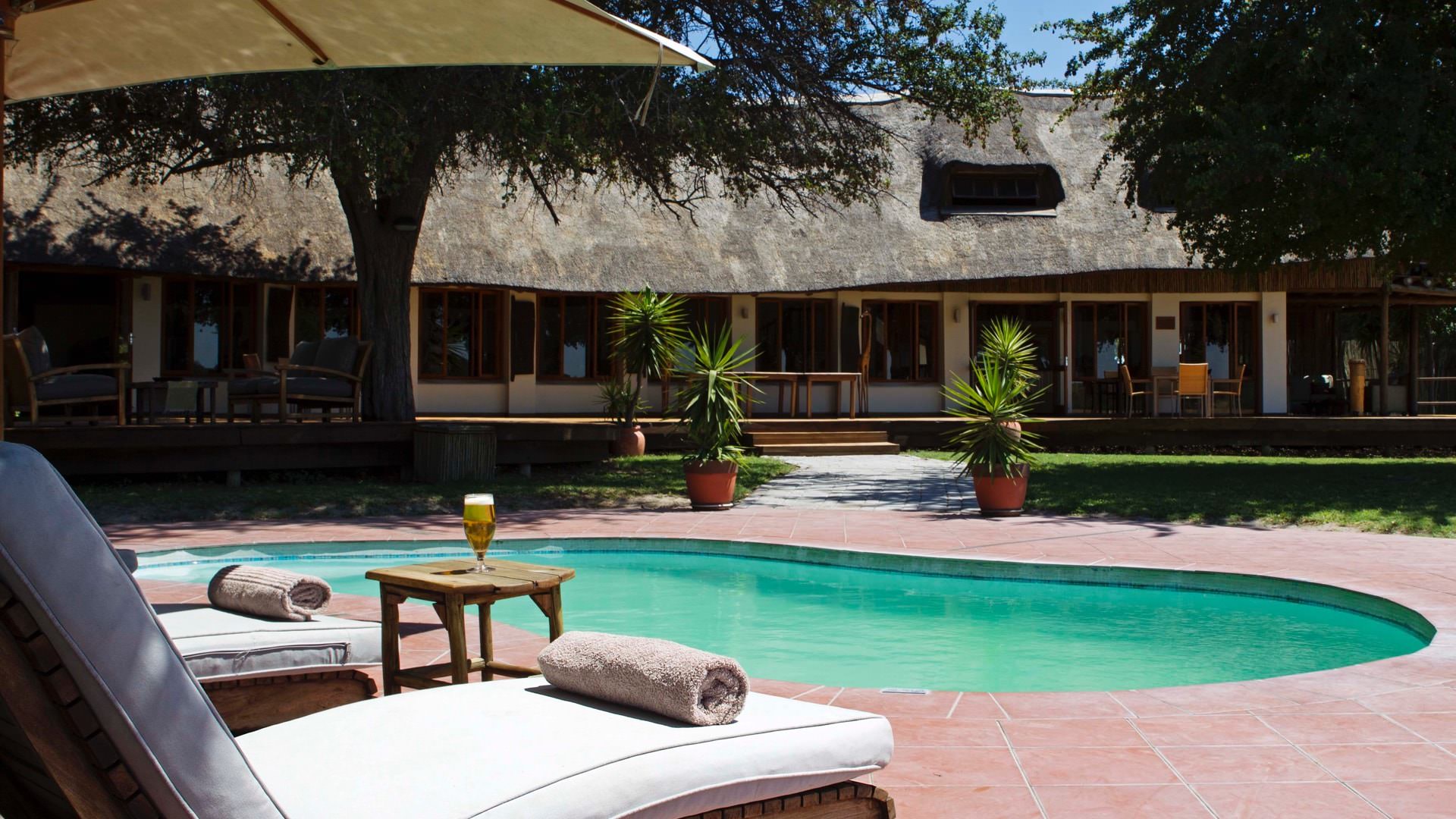
Expert Africa's gallery
When we travel we take lots of photos ourselves to give you a real and un-edited view of the safaris. See our 67 pictures of Chula Island Camp to get the candid view.
View galleryChula Island Camp: Our full report
Chula Island Camp, formerly known as Buffalo Island Camp, opened in July 2018.
This rustic, mobile fly-camp is situated on a small island on the Zambezi River, to the eastern end of the Lower Zambezi National Park. Located in a natal mahogany grove, this simple camp has a focus on walking safaris, led by experienced guides.
Chula Camp (chula means 'frog' in the local Goba language) is sheltered beneath tall mahoganies, on the small Katengahumba / Discovery Island, set back from the main Zambezi River and just a short drive from Jeki Airstrip.
The camp is small and intimate, with just five tents - not the standard dome tents you might expect, but rectangular and walk-in, with mesh sides to fully appreciate the views all around – though the tents have drop down canvas sides for privacy, or for any cooler evenings. Stretch-canvas shades each tent and bathroom, with reed matting to the front of the tent, under the canopy, providing a peaceful spot to sit and relax after an activity. You may spot a sixth tent a little distance from the others, but this is for private guides, or if there are numerous solo travellers in camp, allowing the maximum 10 guests in camp at one time.
Rugs line the floor, and each tent has either double or twin beds, with a luggage rack alongside. Solar lights hang from the ceiling, and you'll also find a torch, whistle, mosquito spray and an insulated water flask and glasses on the bedside table. Directors chairs are placed outside, facing towards the river, a good vantage point for watching the elephants and buffalo often found in front of the camp.
Each tent at Chula has an en-suite open-air bathroom, with a shower and toilet, partitioned by bamboo and reed walls. Hot water is available on request for the traditional bucket showers-with-a-view, with fluffy towels and towel rack, plus a small table with a mirror, and complimentary toiletries provided. Flush toilets are plumbed in alongside brushed copper basins, and your friendly wake-up call is accompanied by top-ups of hot water for your morning ablutions.
Chula's main area comprises of a large stretch tent, shading a dining table and directors chairs, as well as a small bar, water dispenser and reference library.
The camp is run by the team who also run Musekeseand Ntemwa Busanga camps in the Kafue National Park, all experienced guides with a wealth of knowledge of Zambia and its national parks.
While guided day and night game drives are on offer, the team at Chula focus on walking safaris, and, with the permanent Zambezi River running through the park, canoe-based safaris, though boating and fishing are available. We visited Chula Camp and Katengahumba Island on our last visit to the Lower Zambezi in October 2023 and though we didn't get to experience activities in the immediate area, whilst driving past we saw plenty of elephant, hippo and buffalo, and a large pack of wild dogs on the river banks as we boated away from the camp. Our walks at Chula's sister camp, Kutali, were with a fascinating and informative guide, so we would expect time at Chula to offer a similar experience to Kutali Island, whilst offering the diversity of scenery and location.
A stay at Chula combines naturally with Kutali, and a combination of the two allows for a more in-depth exploration of this eastern section of Lower Zambezi National Park. There is a wide range of accommodation in the park, and so both Chula and Kutali can be combined with some time at one of the permanent camps to the west.
Activities
4WD Safari
Boat trip
Canoeing
Fishing
Guided walking safari
Private activities
Families & children
- Attitude towards children
- Chula Island Camp is happy to accept children younger than eight (their usual minimum age limit), though generally this would be as a private camp booking.
- Property’s age restrictions
- The camp will accept children of eight years and older. The minimum age for walking safaris within the national park is 12 years old.
- Special activities & services
- For children younger than 12, short nature walks within the camp can be arranged.
- Equipment
- None provided.
- Generally recommended for children
- We feel that, given the activities on offer, the age limit for walking safaris and the remote location of Chula, this camp is not suited to children.
- Notes
- Wild animals such as elephants, buffalo and hippo are found in camp regularly. Children must be supervised by a parent or guardian at all times.
Food & drink
- Usual board basis
- Full Board & Activities
- Food quality
- We didn’t get the chance to stay for a meal at Chula Island Camp on our last visit, but we did stay at Kutali, its sister camp, and the same team of chefs cook for both fly-camps, so we’d expect a similar style and standard of food here. The camp has a basic kitchen, and the team at Chula are able to cater for a range of dietary requirements, with advance notice.
Breakfast is served around the campfire at 5.30am, with fruit, toast, jams, and porridge cooked to order over the fire, along with tea, coffee and juice.
Lunch timings are flexible, and a buffet is usually on offer, with meat or vegetable dishes, accompanied by home-baked rolls, salad and fresh fruit.
Dinner is a set meal and the table is either set up in the shelter of the main tent, or out closer to the river under the stars. - Dining style
- Group Meals
- Dining locations
- Indoor and Outdoor Dining
- Drinks included
- Filtered drinking water is provided, and soft drinks and local alcoholic drinks are included. Premium wines and spirits can be ordered in advance, and will be an additional cost.
Our travellers’ wildlife sightings from Chula Island Camp
Since mid-2018, many of our travellers who stayed at Chula Island Camp have kindly recorded their wildlife sightings and shared them with us. The results are below. Click an animal to see more, and here to see more on our methodology.

100% success

100% success

100% success

100% success

80% success

67% success

60% success

25% success

0% success

0% success

0% success

0% success

0% success
Getting there
- Location
- Lower Zambezi National Park, Zambia
- Ideal length of stay
- We'd recommend a stay of three to five nights between Chula and its sister camp, Kutali Island.
- Directions
- Chula Island Camp is just a short drive from Jeki airstrip, a game drive of around 30 minutes, though the time taken varies depending on the wildlife you see along the way. From Jeki you can connect to or from a scheduled flight to Mfuwe, Lusaka and Livingstone airports.
- Accessible by
- Fly-and-Transfer
Special interests
- Walking safaris
- The area around Chula is remote, but with plenty of wildlife - a perfect spot for a Zambian walking safari with one of the camp’s experienced guides.
- See ideas for Walking safaris in Zambia
Communications
- Power supply notes
- Solar panels provide electricity for the camp, and there is a small charging station in the main area.
- Communications
- Chula is in a remote section of the Lower Zambezi National Park, with no cell phone signal. The camp has radio contact with its sister camps, and also satellite Wi-Fi for emergency communications.
- TV & radio
- None available.
- Water supply
- Borehole
- Water supply notes
- Flush toilets and cold-water basins are plumbed in, and bucket showers are filled with hot water on request.
Health & safety
- Malarial protection recommended
- Yes
- Medical care
- The managers and guides are first-aid trained, with first aid kits in both the main area and each vehicle, as well as on any walking or water-based safaris. The closest doctor is in Lusaka, accessible via a 35-minute flight from Jeki.
- Dangerous animals
- High Risk
- Security measures
- An armed scout is based on site, and guests are escorted to and from their tents after dark.
- Fire safety
- Fire buckets are placed outside each tent, and there is a fire hydrant is located between the main area and kitchen.
Useful info
- Disabled access
- On Request
- Laundry facilities
- A laundry service is included; clothes are hand washed and line dried. Washing powder is provided in the bathrooms for delicate items.
- Money
- There is a safe in the staff quarters where guests can leave valuables if they wish.
- Accepted payment on location
- There are no facilities to pay by credit card at Chula, but cash payments for any extras are accepted in US dollars, UK pounds, Zambian kwacha, South African rand and euros.
Plan and book your trip with Expert Africa
All of our trips are tailor-made, so we'll always adapt them to suit you. Talk to an Expert and let us plan and arrange your perfect trip.

Talk to an Expert
Call or email us now! We’ll match you with the Specialist in our team who is best suited to help you. Then together we can start planning your trip.

Set up your itinerary
Based on our experience and your ideas, your specialist will create a detailed, costed itinerary. We’ll refine it together, until we have a trip that you’re perfectly happy with.

Prepare for your trip
The same Specialist will make the seamless arrangements for your trip, send you detailed travel documents, and be available to answer any questions before you depart.

Travel with peace of mind
After you set off, you’ll be cared for by our partners in Africa, most of whom have worked with Expert Africa for decades. And if you ever need us urgently, we’re available 24/7.

When you return
We love to learn about your trip, and so will always be grateful if you’ve the time to give feedback to your Specialist when you return.
Chula Island Camp's location
Look closer at the environment and surroundings of Chula Island Camp.
Other lodges in Lower Zambezi National Park
Alternative places to stay in this same area.
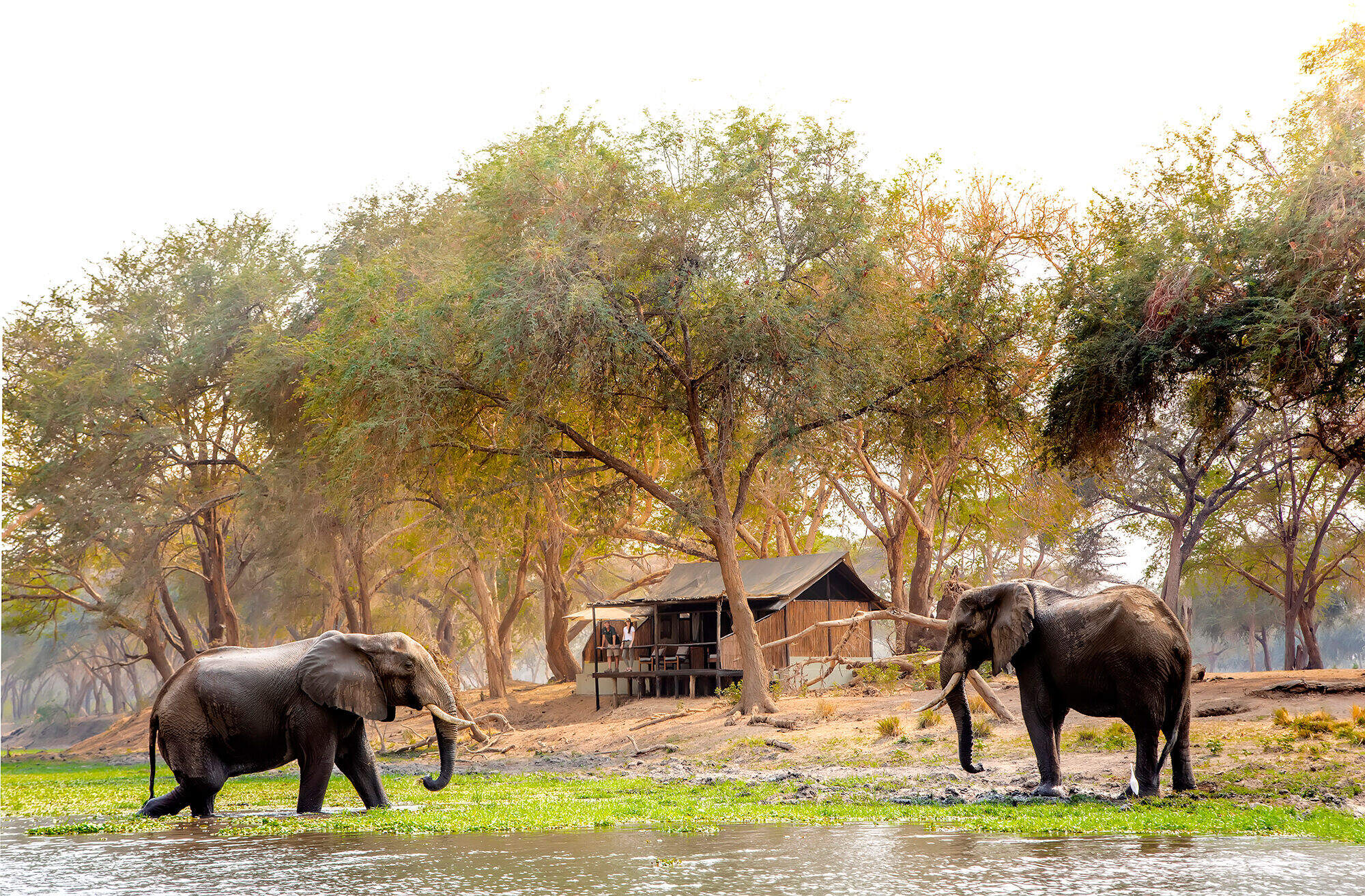
Old Mondoro Bushcamp
For an intimate safari in the Lower Zambezi, with superb guiding, Old Mondoro is up there with the best.
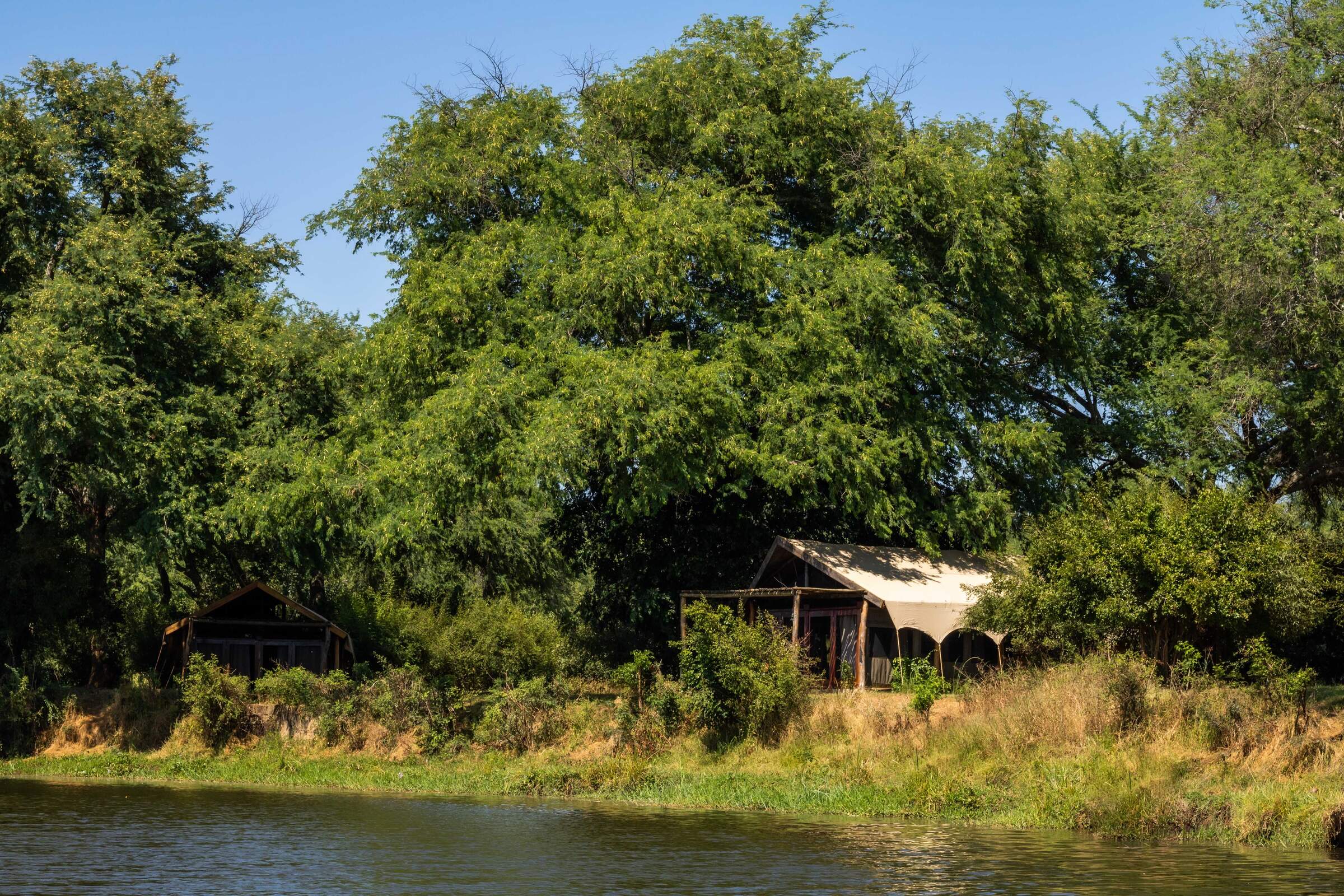
Chongwe River Camp
A blend of the stylish and traditional in a most picturesque site in the Zambezi Valley, Chongwe River Camp offers an excellent safari experience and real value for money.
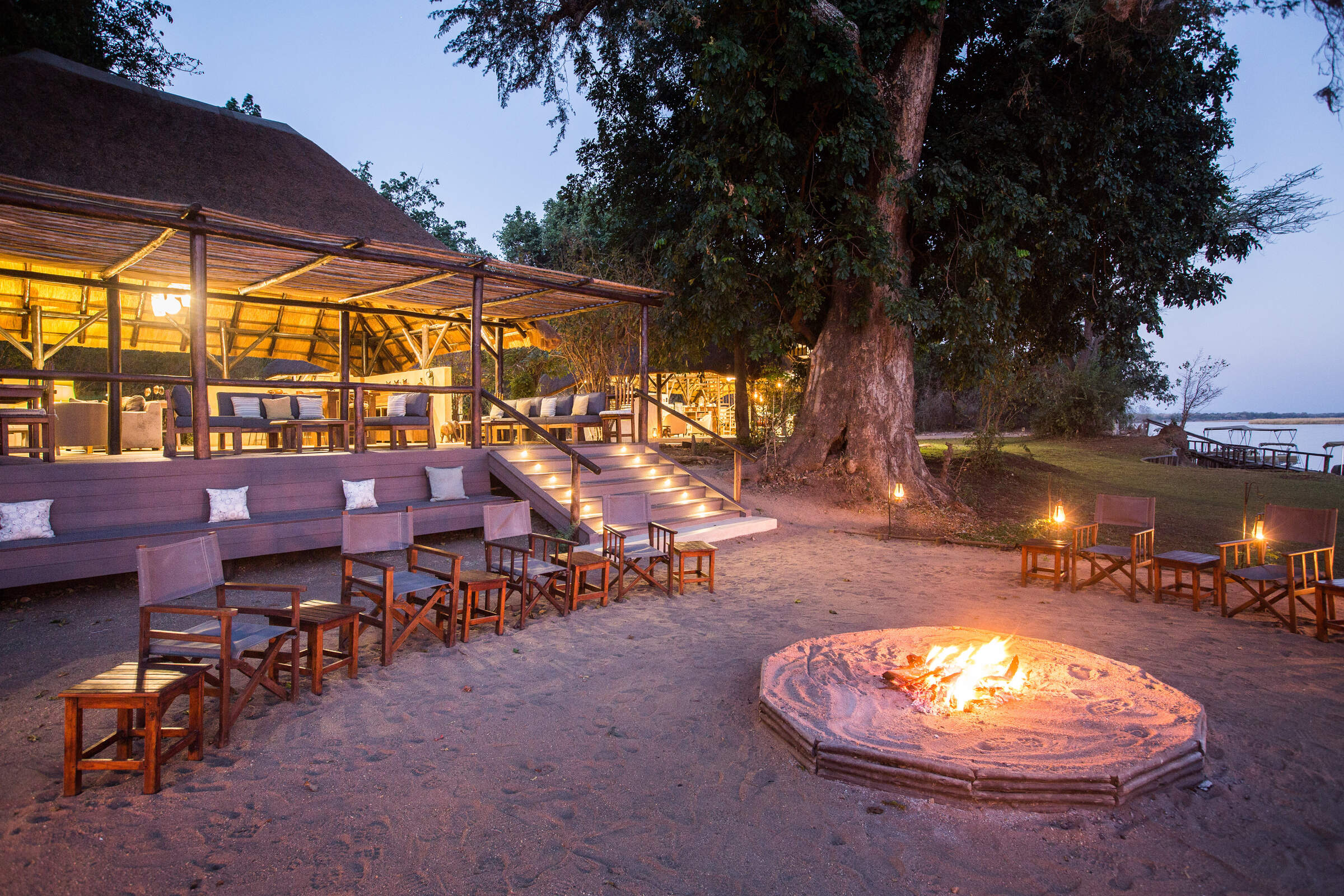
Chiawa Camp
One of Zambia's top safari camps, Chiawa is family owned and run, offering superb service and a flexible approach from a location well inside the Lower Zambezi National Park.
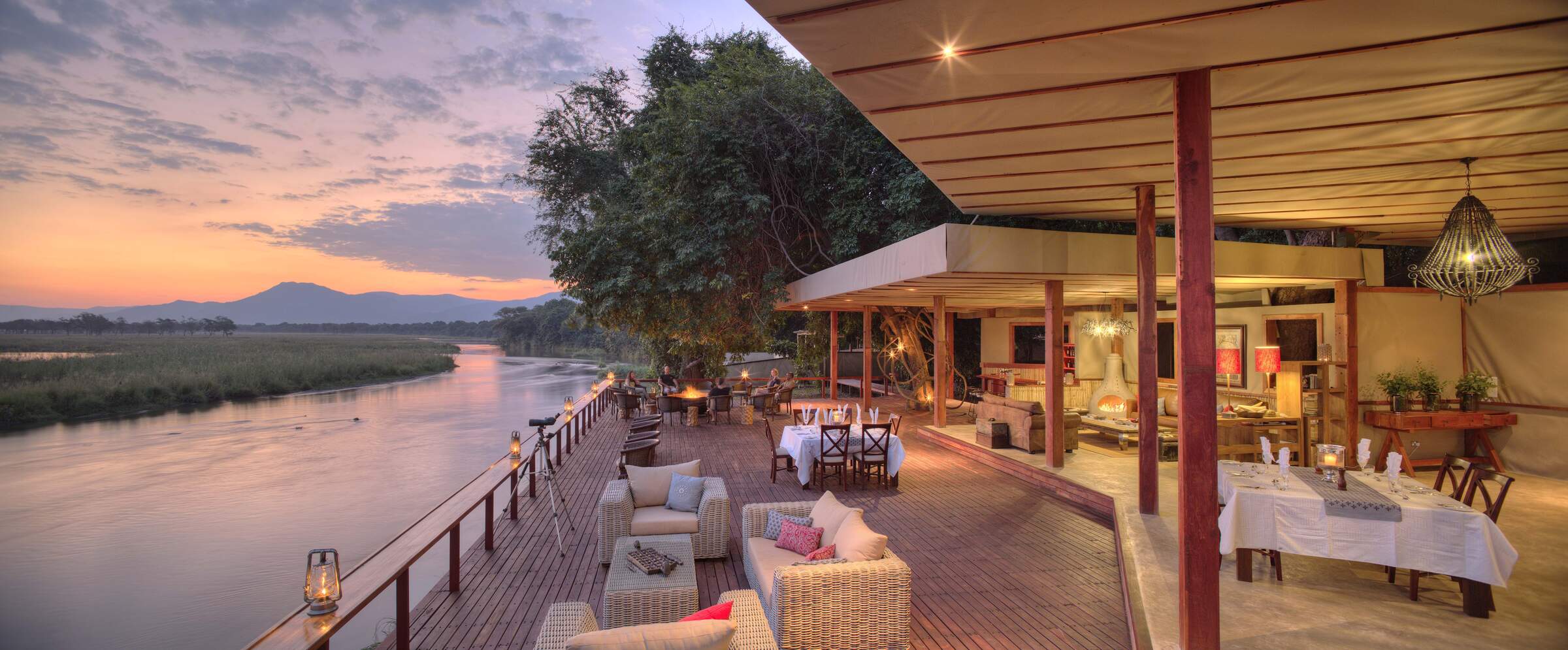
Sausage Tree Camp
Sausage Tree is a high-quality safari camp offering a luxurious stay and excellent personal service deep inside Zambia's Lower Zambezi National Park.
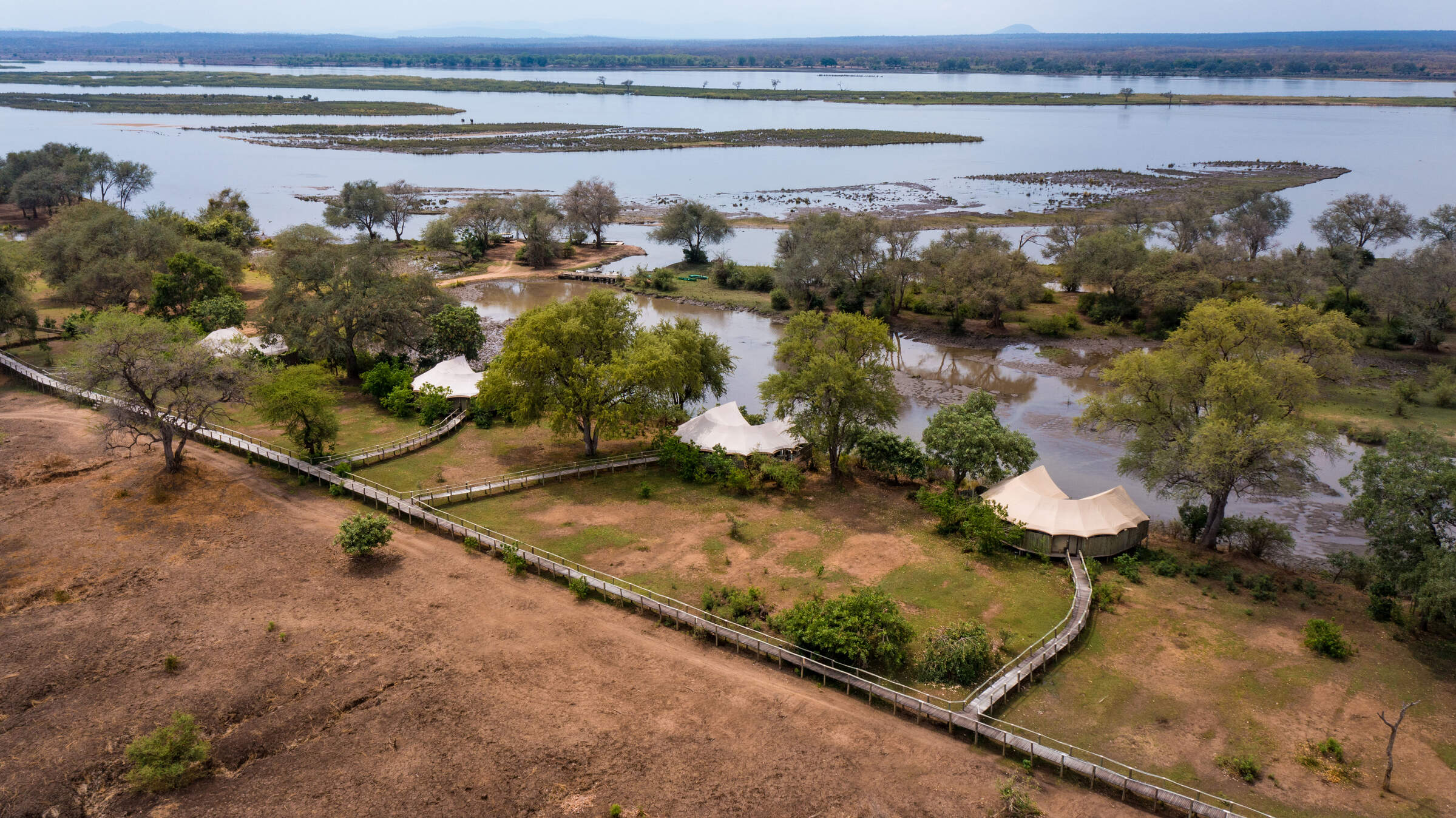
Anabezi Luxury Camp
Anabezi Luxury Tented Camp offers a high degree of understated luxury in a very lovely, quiet part of the Lower Zambezi with outstanding wildlife.
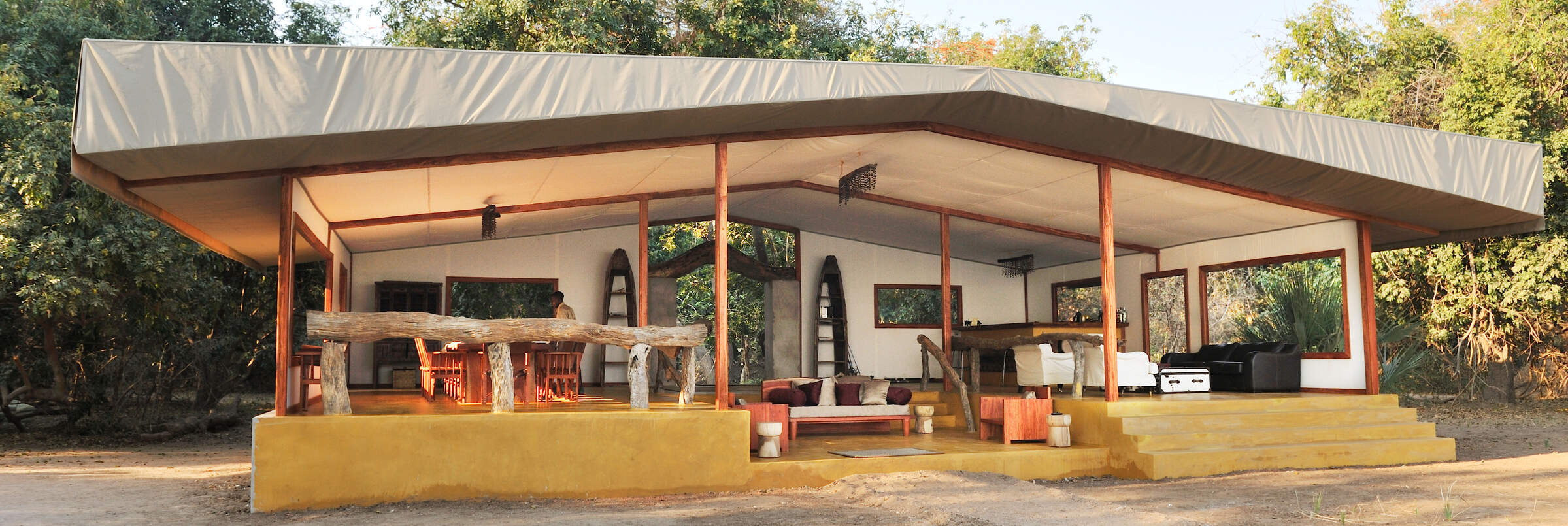
Potato Bush Camp
Potato Bush is located right in the heart of the Lower Zambezi National Park, with privately guided activities taking you on game drives, walks, boat trips and canoeing.
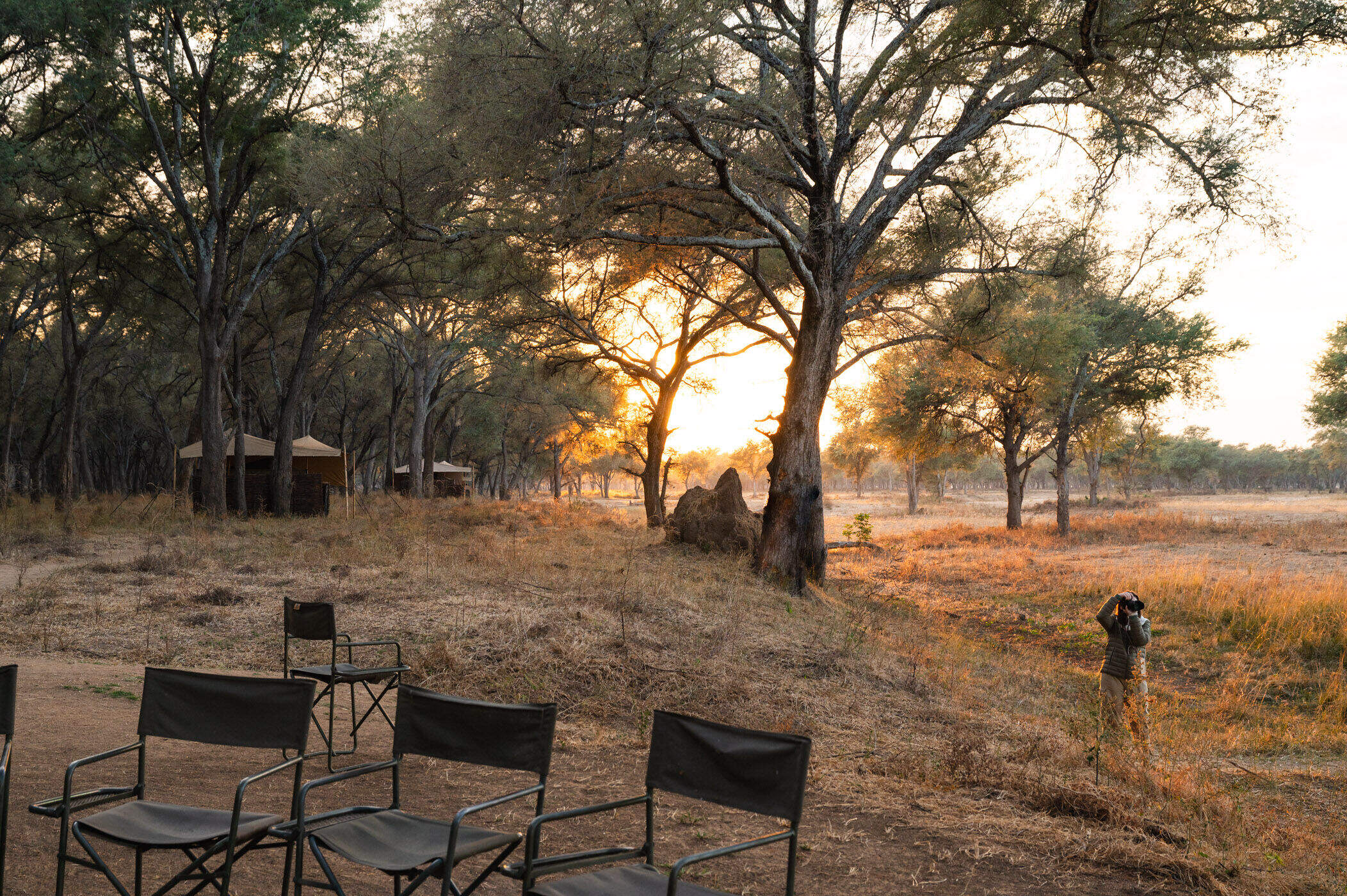
Kutali Camp
Kutali Camp offers the opportunity to experience the wilderness of Zambia’s Lower Zambezi National Park, in this simple tented camp located on Kulefu Island.
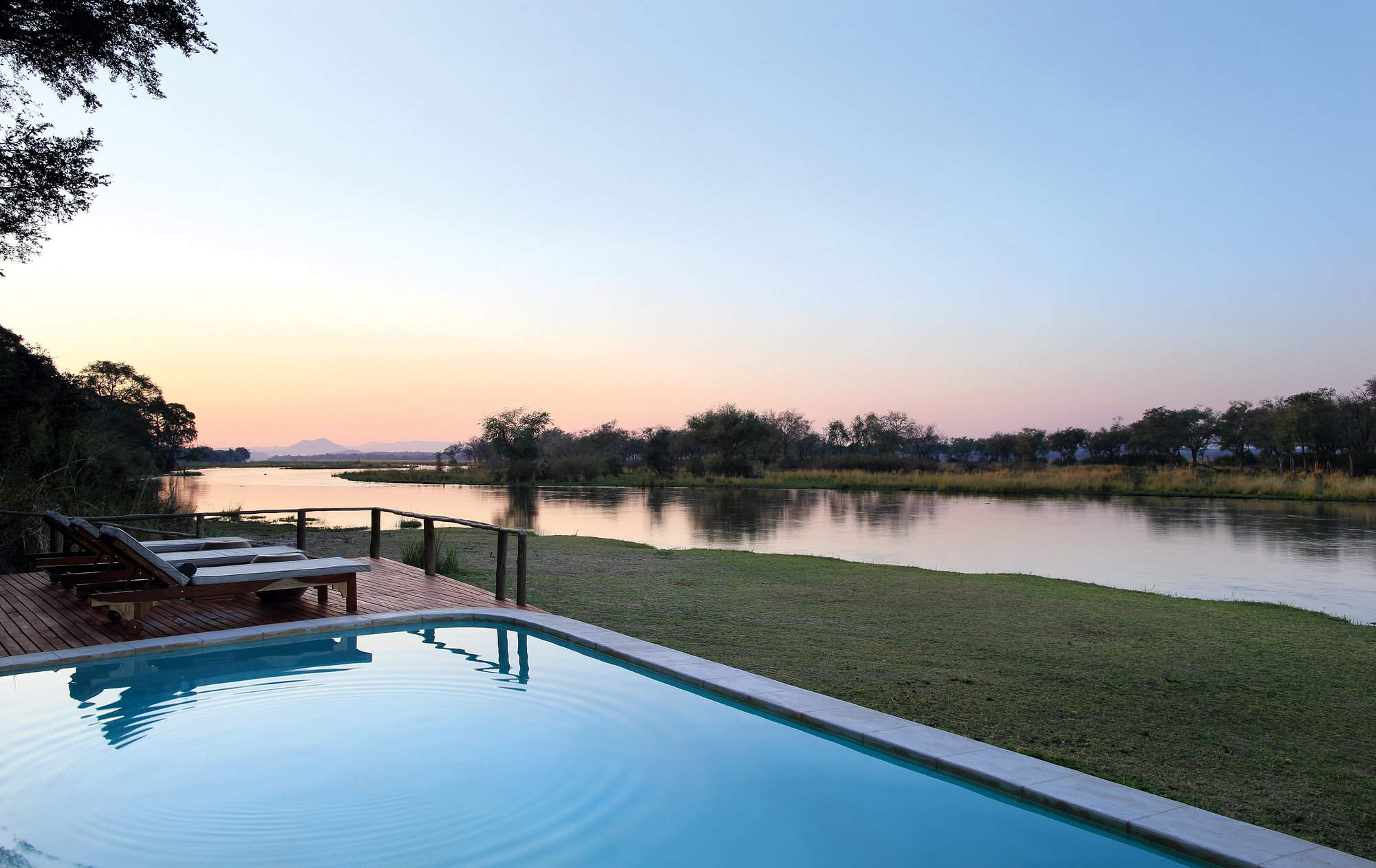
Amanzi
Opened in 2015, Amanzi is an intimate and rustic yet luxury camp in a very quiet area of the Lower Zambezi, with plenty of wildlife and good birding.
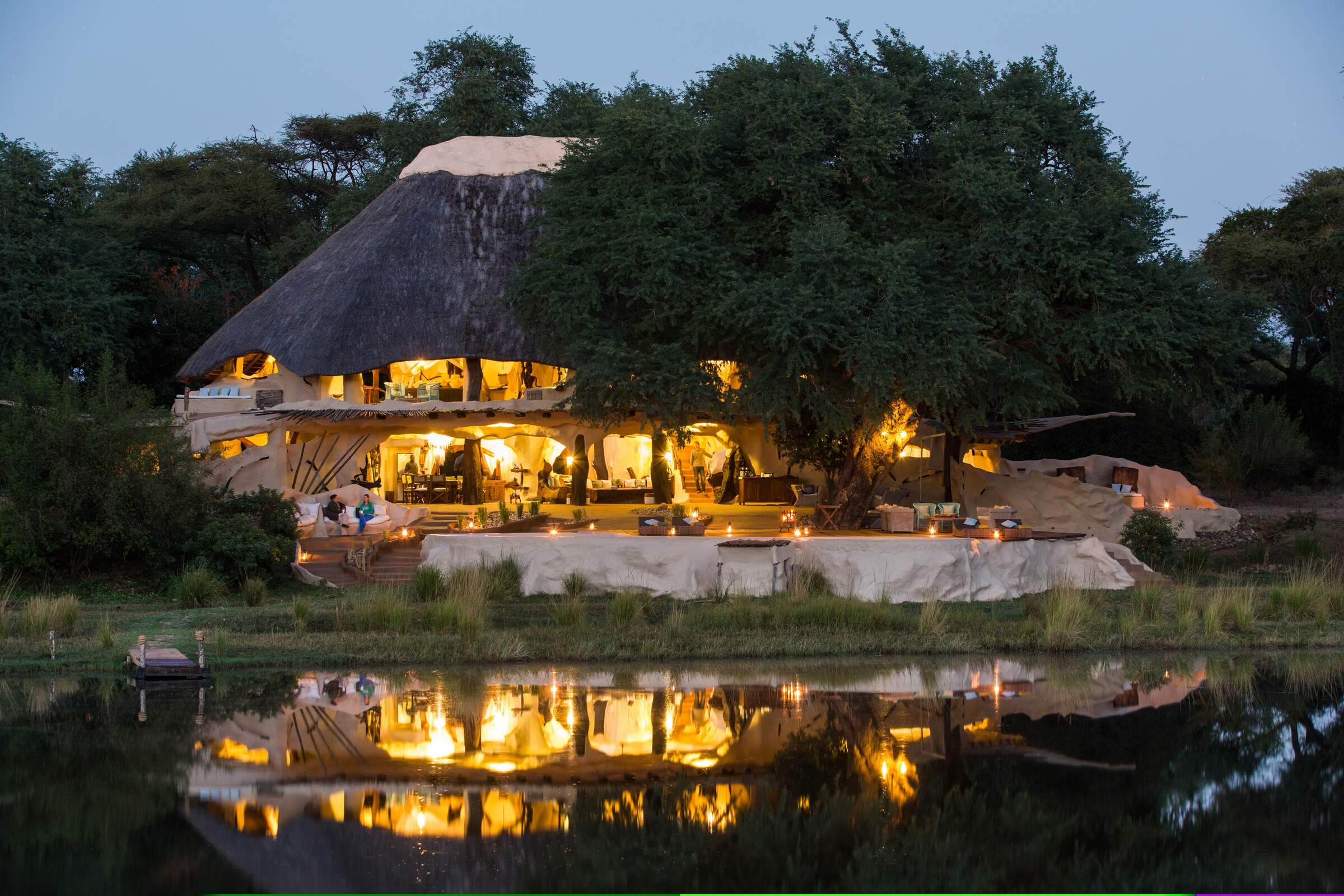
Chongwe River House
Chongwe River House is a stylish four-bedroom house designed for the exclusive use of families and small groups, affording the ultimate in flexibility on safari.
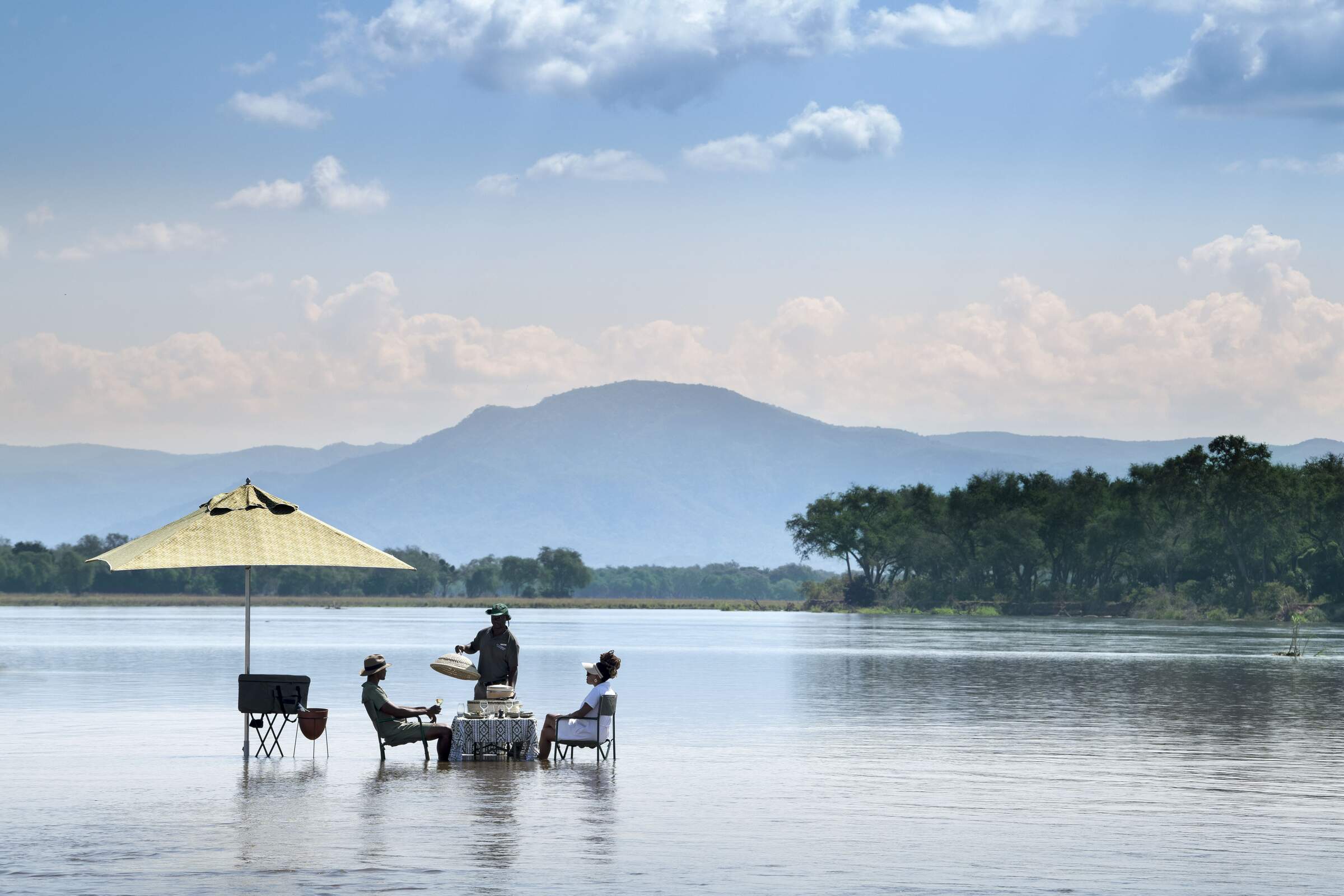
Lolebezi
A chic safari spot, luxurious Lolelbezi is the Lower Zambezi’s newest camp and offers a mix of walking, canoeing and game drives led by excellent guides.
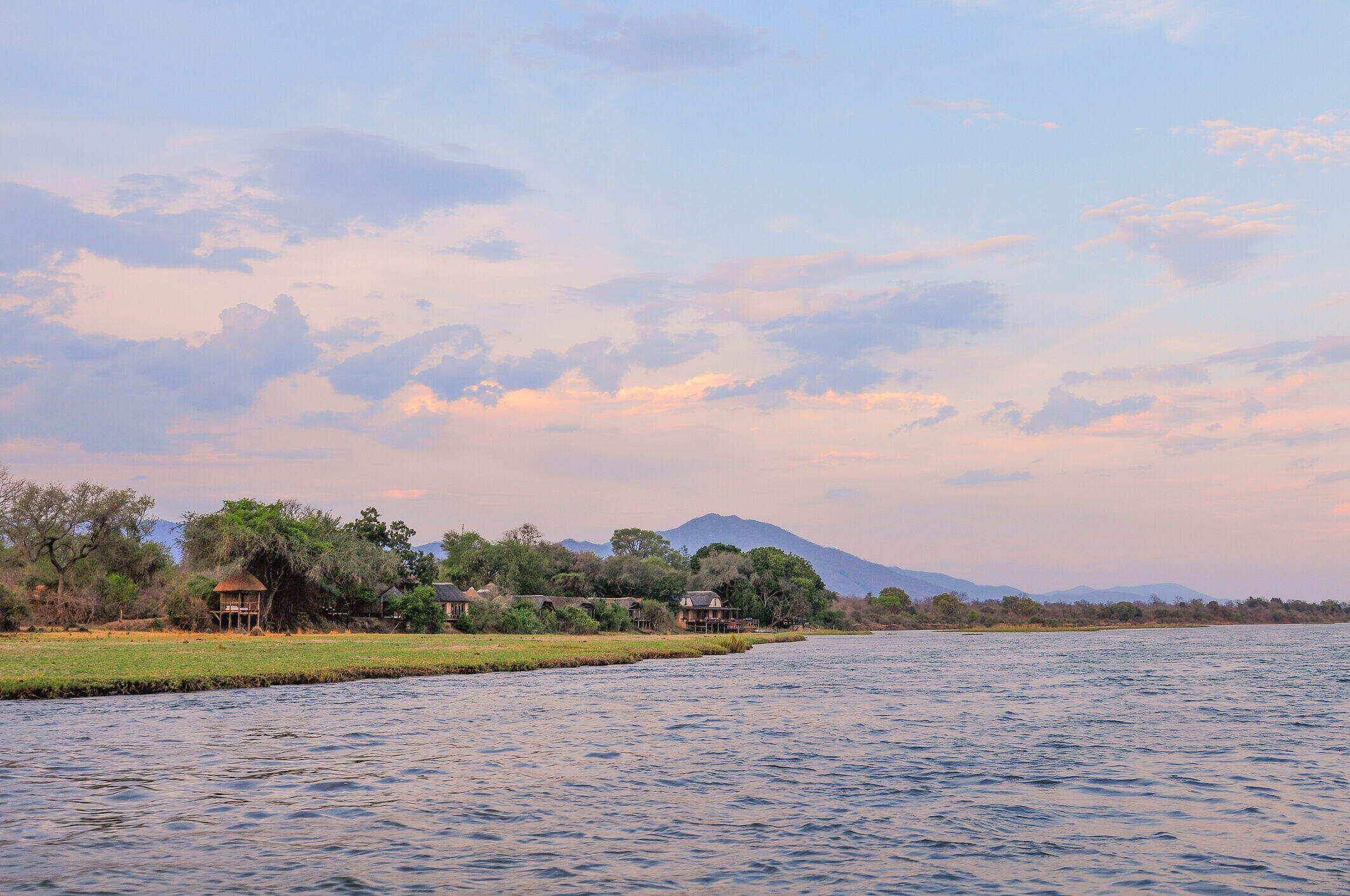
Royal Zambezi Lodge
This family-friendly lodge is located just on the outskirts of the Lower Zambezi National Park, in a great location overlooking the river.
When to go to Lower Zambezi National Park
Our month by month guide: What it's like to visit Chula Island Camp in Lower Zambezi National Park
Jan
Feb
Mar
Apr
May
Jun
Jul
Aug
Sep
Oct
Nov
Dec
Lower Zambezi National Park in January
At the peak of Lower Zambezi's green season, expect heavy rainfall for a few hours on many days with sunny spells in between. Temperatures remain high, reaching over 30°C/86°F with high humidity. The landscape is lush and green, but wildlife disperses, making game viewing challenging. The thick vegetation limits walking safaris. However, this is an excellent time for birdwatching as migrant species boost the park's bird count.
Many camps close during this period, but those remaining open offer their lowest rates. The Zambezi River swells, creating spectacular scenes along its banks. Boat safaris can be particularly rewarding, offering chances to spot hippos, crocodiles, and various waterbirds. Despite the challenges, the park's beauty during this wet season is undeniable, with vibrant colours and dramatic skies.
- Peak of rainy season, hot and humid
- Most camps closed, limited accessibility
- Lush green landscape, great for photography
- Dispersed wildlife, challenging game viewing
- Lowest visitor numbers, cheapest rates
Our view
This is not a great time to visit
Weather in January
Lower Zambezi National Park in February
February remains in the heart of the green season in Lower Zambezi National Park. Dramatic thunderstorms deliver a few hours of rain most days, interspersed with clear sunny skies.
The abundance of water disperses game, making wildlife viewing more challenging. However, the swollen Zambezi River allows for unique boat safaris, offering close encounters with hippos and crocodiles. Birdwatching is excellent, with many migratory species present. The lush vegetation creates a picturesque backdrop for photography.
While game drives may be less productive, canoeing trips can be particularly rewarding, allowing quiet approaches to wildlife along the riverbanks. The few camps that remain open charge their lowest rates, providing an opportunity for budget-conscious travellers to experience the park's wet season beauty.
- Continued rainy season, hot and humid
- Many camps still closed, limited options
- Green landscape, photographic opportunities
- Difficult game viewing due to thick vegetation
- Low visitor numbers, affordable rates
Our view
This is not a great time to visit
Weather in February
Lower Zambezi National Park in March
March marks the last month of the green season in the Lower Zambezi. Heavy downpours still occur most days, with water levels at their highest. Temperatures reach over 30°C/86°F, with high humidity.
While many camps remain closed, those few remaining open offer unique wet season experiences. Boat safaris are particularly exciting, with the swollen Zambezi River providing extended exploration areas. Wildlife sightings may be sporadic, but many animals are raising young, offering heartwarming scenes.
Predators like lions and wild dogs are active, taking advantage of vulnerable prey. The lush, green landscape and clear air create stunning photographic opportunities. Birdwatching remains excellent as thousands of birds prepare for their winter migration. Despite challenges, March offers a different perspective of the park's ecosystem.
- Late rainy season, occasional showers
- A few camps begin to reopen
- Landscape still green, good for photography
- Improved wildlife viewing as vegetation thins
- Few visitors; rates for camps low
Our view
This is not a great time to visit
Weather in March
Lower Zambezi National Park in April
As the rains transition to lighter, sporadic showers, April marks a period of change in Lower Zambezi National Park. The landscape remains exceptionally green and lush. While larger wildlife viewing may be sparse, this is an excellent time for birding enthusiasts.
The Zambezi River is at its highest, creating spectacular scenes along its banks. Boat safaris offer unique perspectives of the flooded landscape. As camps slowly start to reopen, visitors can enjoy lower off-season rates. The park's famous canoe safaris become increasingly viable as water levels stabilise.
Night game drives can be particularly rewarding, offering chances to spot nocturnal animals like civets and genets. April's transitional nature provides a blend of wet and dry season experiences.
- End of rainy season, drier conditions
- More camps open, better accessibility
- Landscape transitioning, good for photos
- Improved game viewing, animals more visible
- Visitor numbers rise, rates remain low
Our view
This is not a great time to visit
Weather in April
Lower Zambezi National Park in May
May typically marks the start of the dry season in the Lower Zambezi. While there's a chance of an odd shower, most days are clear and sunny. As winter approaches, daytime temperatures reach highs of around 26°C/79°F. The landscape begins to dry out, improving access throughout the park.
Most camps reopen, offering a wider range of accommodation options. Game viewing improves significantly as animals start to congregate around permanent water sources. Boat safaris on the Zambezi River become increasingly popular, offering close encounters with hippos, crocodiles, and various bird species.
Walking safaris resume, providing intimate wildlife experiences. May's pleasant weather and improved game viewing make it an excellent time to visit, with some camps still offering shoulder season rates.
- Start of dry season, cooler temperatures
- Most camps open, full range of activities
- Landscape drying, clearer wildlife sightings
- Excellent time for walking safaris
- Visitor numbers increase, rates go up
Our view
A good time to visit, with pros & cons
Weather in May
Lower Zambezi National Park in June
The Lower Zambezi sees virtually no rainfall in June, with sunny days predominating. Humidity drops dramatically, and temperatures range from 10°C/50°F at night to 25°C/77°F during the day. The landscape remains relatively lush, but vegetation starts to thin, significantly improving game viewing.
All camps in the park are open, some offering shoulder-season rates. The Zambezi River's water levels begin to recede, concentrating wildlife along its banks. This is an excellent time for canoe safaris, offering unique perspectives of the park's ecosystem.
Game drives become increasingly productive, with higher chances of spotting predators like lions and leopards. June's pleasant temperatures and improved wildlife sightings make it a popular month for visitors.
- Dry season, cool days and cold nights
- All camps open, peak activity options
- Improved wildlife viewing around water sources
- Prime time for walking safaris and game drives
- High season begins, increased rates
Our view
A very good time to visit
Weather in June
Lower Zambezi National Park in July
As the dry season continues in Lower Zambezi National Park, vegetation thins and water becomes scarcer. Wildlife is starting to cluster around major water sources, particularly the Zambezi River, leading to excellent game viewing opportunities.
July marks the heart of winter, with daytime temperatures in the 20s Celsius / 70s Fahrenheit but dropping to single digits at night. Early morning and late evening game drives can be very chilly, with camps often providing blankets and hot water bottles.
This is prime time for walking safaris, offering exciting wildlife encounters. Canoe trips on the Zambezi River are particularly rewarding, with high chances of spotting elephants coming to drink. Visitor numbers increase, and properties charge peak season rates.
- Peak dry season, clear skies
- Excellent game viewing, especially near river
- Popular time for canoe and boat safaris
- Night drives offer nocturnal wildlife sightings
- Peak season, highest rates and visitor numbers
Our view
A very good time to visit
Weather in July
Lower Zambezi National Park in August
August in the Lower Zambezi offers excellent game viewing as wildlife congregates around remaining water sources. With virtually no chance of rain, sunny days are almost guaranteed. Temperatures can drop below 5°C/41°F at night but climb to the 20s Celsius / 70s Fahrenheit during the day.
The thinned vegetation provides clear views of animals, making this one of the best months for photography. Boat safaris on the Zambezi River offer close encounters with hippos, crocodiles, and elephants. Tiger fishing is at its peak, attracting anglers from around the world.
Walking safaris provide thrilling up-close wildlife experiences. This is one of the most popular months to visit, with camps charging their highest rates and often fully booked well in advance.
- Very dry, animals concentrate near water
- Outstanding wildlife viewing opportunities
- Ideal for photography and walking safaris
- Zambezi River cruises highly recommended
- Peak season continues, advance booking needed
Our view
Fantastic: the very best time to visit
Weather in August
Lower Zambezi National Park in September
September is one of the best times to visit Lower Zambezi National Park for wildlife enthusiasts. Rain is almost unheard of, humidity is low, and daytime temperatures climb to the low 30s Celsius / high 80s Fahrenheit.
Water is scarce, concentrating wildlife around the Zambezi River and remaining water holes. Game viewing is at its peak, with high chances of seeing predator-prey interactions. Elephant herds are frequently spotted crossing the river.
Canoe safaris offer thrilling close encounters with wildlife. Night game drives provide opportunities to spot nocturnal animals like leopards and genets. Birdwatching remains excellent, with many species nesting. However, this popularity comes at a price: camps charge their highest rates and are often fully booked far in advance.
- Hot days, warm nights, very dry
- Excellent month for wildlife viewing
- Zambezi River at its lowest, great for canoeing
- Increased elephant sightings near water
- High season, camps can be fully booked
Our view
Fantastic: the very best time to visit
Weather in September
Lower Zambezi National Park in October
October marks the peak of the dry season in the Lower Zambezi. Away from the Zambezi, the national park is brown and barren, with little ground-level vegetation. Temperatures can be uncomfortably hot, often exceeding 40°C/104°F during the day.
Despite the heat, this is considered the best month for game viewing. The scarcity of water forces animals to congregate around the main river, leading to frequent wildlife sightings and predator-prey interactions.
Boat safaris offer relief from the heat and excellent opportunities to observe elephants, hippos, and crocodiles. Walking safaris may be challenging due to the heat but provide thrilling wildlife encounters. October is prime time for spotting large predators like lions and leopards.
- Hottest month, animals congregate at river
- Peak time for wildlife viewing and photography
- Excellent for boat safaris and fishing
- Chance to see elephants crossing the river
- End of high season, some rate reductions
Our view
A very good time to visit
Weather in October
Lower Zambezi National Park in November
November typically marks the end of the dry season in the Lower Zambezi. While the timing of rains is uncertain, temperatures remain high and humidity builds.
Early November may still offer excellent game viewing, with animals concentrated around water sources. As the month progresses, the arrival of rains leads to rapid vegetation growth and wildlife dispersal. This transition period can be fascinating to witness. The initial rains bring relief to the parched landscape, with new growth attracting grazing animals.
Birdwatching improves as migratory species arrive in the valley. While some remote camps close, those that remain open significantly drop their rates. November offers a unique opportunity to experience both dry and wet season aspects of the park.
- Start of rainy season, occasional showers
- Wildlife disperses as water becomes available
- Good birding as migratory species arrive
- Lush landscapes return, photography improves
- Shoulder season, lower rates and fewer visitors
Our view
A good time to visit, with pros & cons
Weather in November
Lower Zambezi National Park in December
December marks the start of the green season in the Lower Zambezi National Park. Heavy thunderstorms occur most days, interspersed with sunny spells. Temperatures reach over 30°C/86°F with high humidity.
The rainfall brings abundant water to the landscape, encouraging lush vegetation growth. While game viewing becomes more challenging due to the thick bush and dispersed wildlife, this is an excellent time for birdwatching. Migratory birds arrive, boosting the species count. Boat safaris on the swollen Zambezi River offer unique perspectives of the flooded landscape.
Many camps close for the season, but those remaining open charge their lowest rates. Despite the challenges, December offers a green and vibrant aspect of the park, with dramatic skies and fewer visitors.
- Rainy season in full swing, hot and humid
- Some camps close, limited accessibility
- Newborn animals, great for bird watching
- Challenging game viewing, but lush scenery
- Low season, cheapest rates, fewer tourists
Our view
This is not a great time to visit
Weather in December

Looking for inspiration on where to travel next?
Visit our trip chooser to explore your options and find inspiration for your perfect African adventure
Inspire me